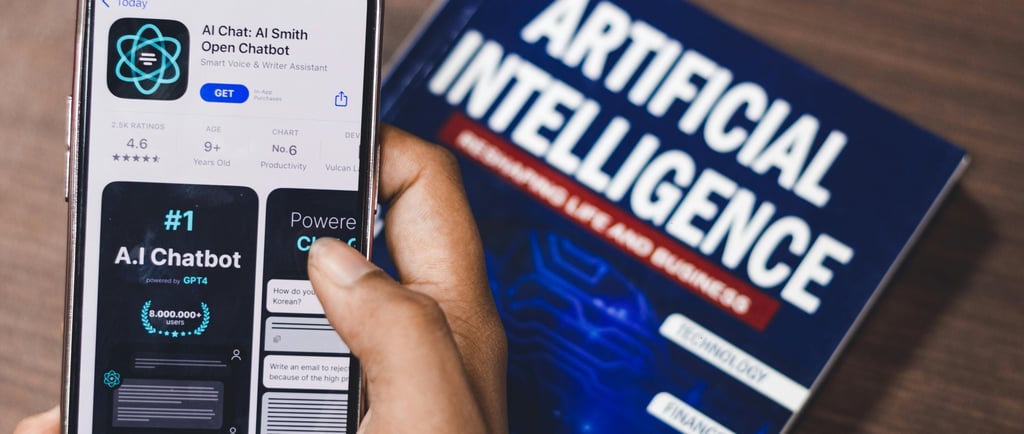Welcome to NORTHWIND Content Services - Your trusted partner for content development
Thomson Reuters Lawsuits
AI, Copyright, and Data Privacy
AI
2/26/20252 min read


Legal Battle Over AI and Data Privacy
Thomson Reuters, a global leader in legal and financial information services, has recently been at the center of major legal disputes involving artificial intelligence (AI) and data privacy. These cases highlight the growing challenges in technology, copyright law, and consumer data protection.
Two key lawsuits stand out: a copyright infringement case against ROSS Intelligence and a class-action settlement over the CLEAR database. Both cases have significant implications for the future of AI and data privacy regulations.
Thomson Reuters vs. ROSS: A Landmark AI Copyright Case
In 2020, Thomson Reuters filed a lawsuit against ROSS Intelligence, alleging that ROSS illegally used copyrighted legal materials from Westlaw to train its AI system. Westlaw, a widely used legal research platform, creates detailed case law summaries and headnotes, which are protected by copyright.
Thomson Reuters claimed that ROSS obtained these materials through a third party and incorporated them into its AI training without proper licensing. In its defense, ROSS argued that its use of the materials fell under the legal doctrine of "fair use," which allows limited reproduction of copyrighted content for informational purposes.
However, on February 11, 2025, U.S. Circuit Judge Stephanos Bibas, presiding in the District of Delaware, ruled in favor of Thomson Reuters, rejecting ROSS's fair use defense. This decision sets a precedent for how AI companies can (or cannot) use copyrighted material for machine learning without authorization. The ruling could influence future copyright disputes across industries, from publishing to music, as AI-generated content becomes increasingly prevalent.
This case also highlights the broader implications for AI companies, emphasizing the need to secure proper licenses when using copyrighted materials in AI development.
The CLEAR Database Settlement: Data Privacy Concerns
Thomson Reuters also faced a class-action lawsuit concerning its CLEAR database, a data aggregation tool used by law enforcement and private entities. CLEAR compiles extensive personal records, including addresses, social security numbers, and employment histories, raising concerns about privacy violations.
In December 2020, activists and plaintiffs Cat Brooks and Rasheed Shabazz, based in Oakland, filed a lawsuit alleging that Thomson Reuters collected and sold Californians' personal data without consent, violating their privacy rights.
Although Thomson Reuters denied any wrongdoing, the company agreed to a $27.5 million settlement. As part of the agreement, the company committed to improving transparency regarding how it collects and shares data. California residents affected by these data practices between 2016 and 2024 were eligible to receive compensation ranging from $19 to $48.
The Future of AI, Copyright, and Data Privacy
These legal proceedings underscore the complex legal and ethical challenges emerging in the digital age. The ROSS lawsuit serves as a warning to AI developers about the consequences of using copyrighted materials without proper authorization, reinforcing the importance of respecting content licensing laws. Meanwhile, the CLEAR settlement highlights growing concerns over data privacy, particularly as companies collect and monetize vast amounts of personal information.
As technology advances, these cases will shape the legal framework surrounding AI development, copyright enforcement, and consumer privacy protections in the years to come. The evolving legal landscape will likely continue to challenge businesses and policymakers in balancing innovation with ethical responsibility.
